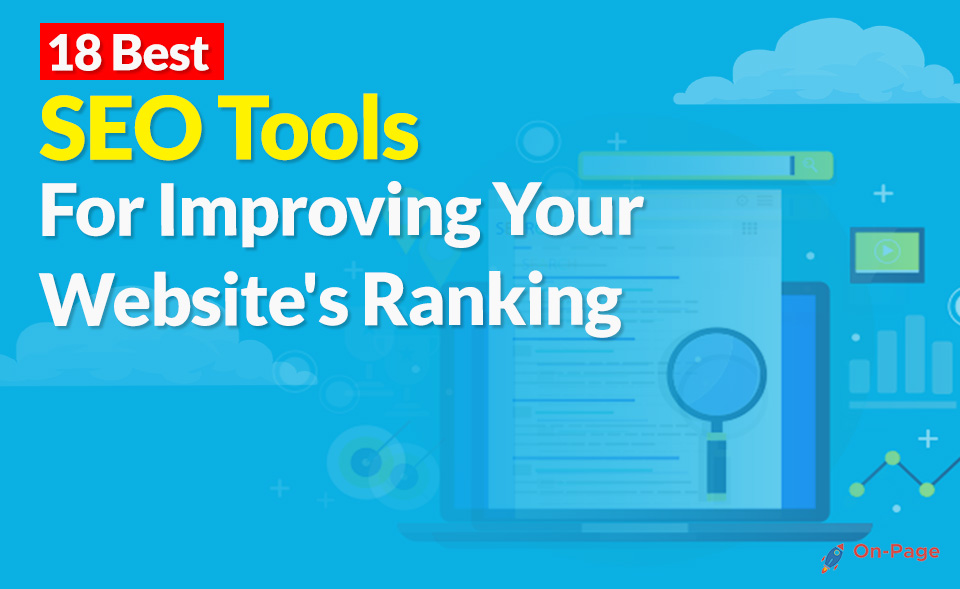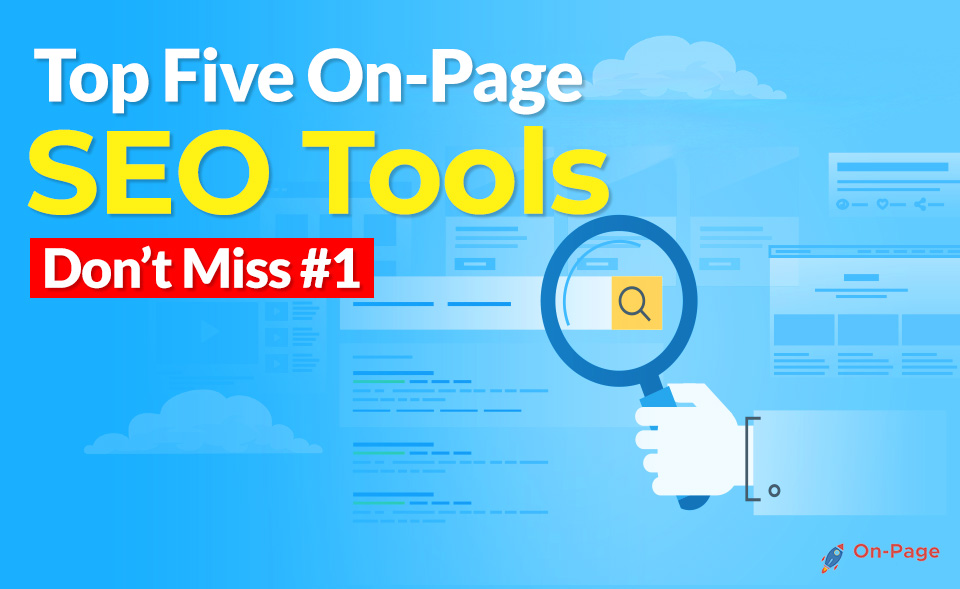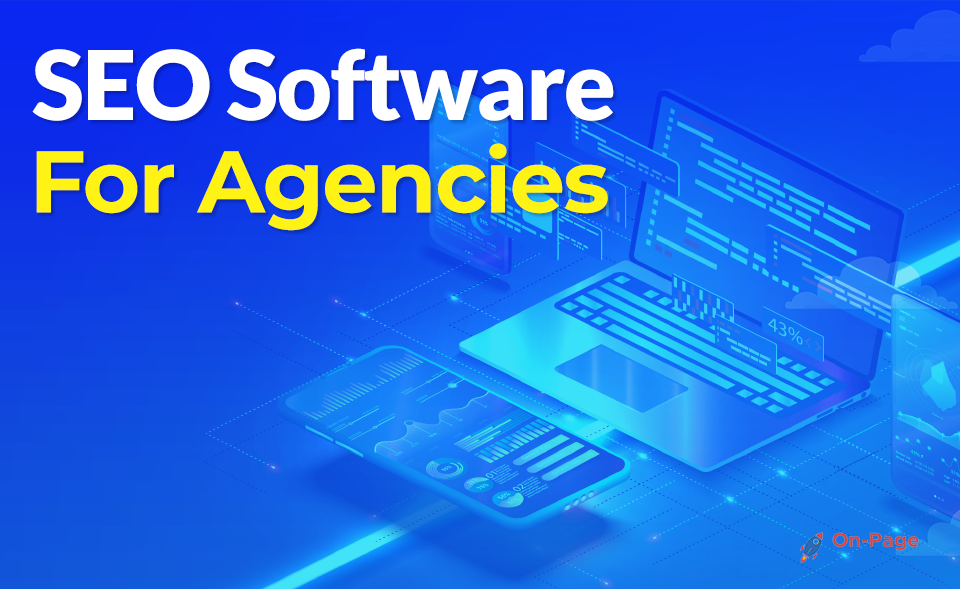Alternatives to Jenni.ai: The Best AI Chatbot Platforms for Your Business

Picture this: your business is booming, customers are flowing in, and suddenly your trusty chatbot, Jenni.ai, starts experiencing technical glitches. Panic sets in as you need an immediate solution to keep customer satisfaction high. Don’t fret! In a world where AI-driven chatbot platforms are the backbone of customer service, there’s an abundance of Jenni.ai alternatives that can step in and save the day. In this blog post, we’ll explore some of the most efficient, cost-effective, and powerful AI chatbot platforms for your business – a lifeboat you never knew you needed until now! So hold on tight as we dive into uncharted waters and unveil the hidden gems of chatbot technology.
There are several great alternatives to Jenni.ai out there, including Jasper AI, Copy.ai, and Rytr. Each of these tools utilizes machine learning to help users write more efficiently and with higher-quality output. It’s important to evaluate each tool based on your specific needs and use case to determine the best fit for your business.
Overview of Jenni.ai
Jenni.ai is an AI-powered marketing assistant that helps medium and small businesses to create high-quality content and launch their marketing campaigns. It provides services like content creation, social media strategies, paid advertising assistance, and customer support chatbots. It has a free plan with limited use and a $20/month plan for unlimited AI words and priority support.
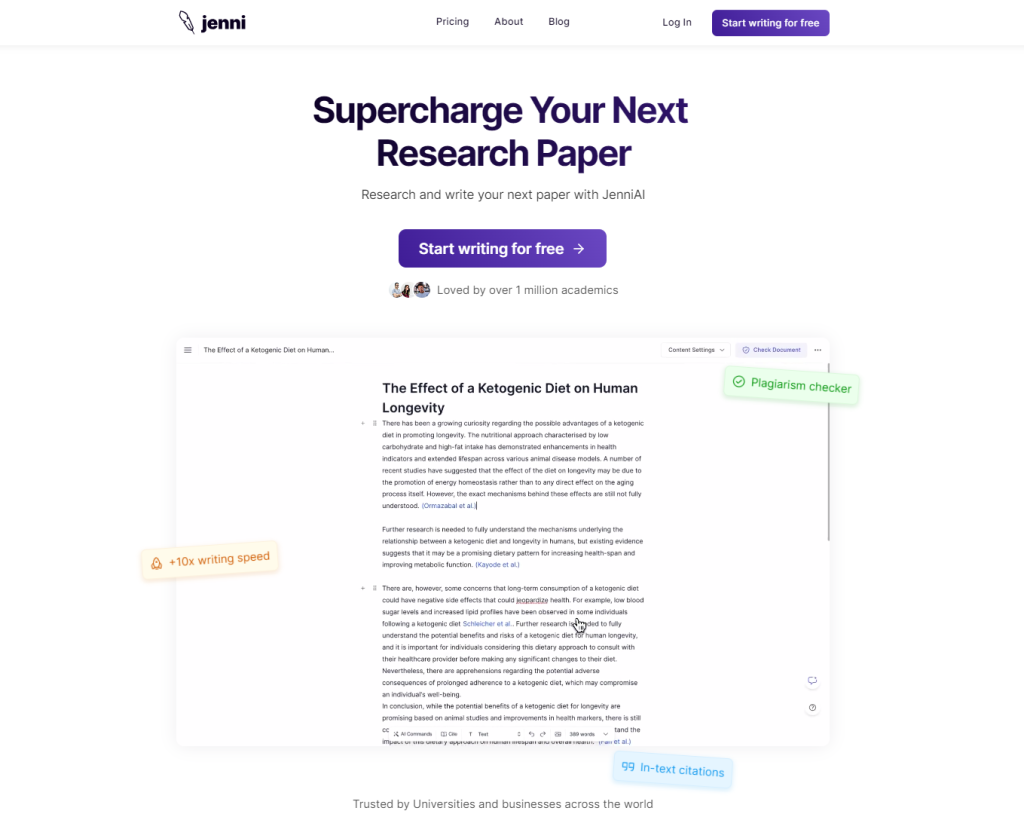
Jenni.ai’s web interface is user-friendly which makes it easy for beginners to navigate. The platform assists you with creating social media posts, newsletters, blog articles, and email campaigns so that you can focus on other important aspects of your business.
However, some users have reported technical difficulties when it comes to integrating Jenni.ai’s tools with their existing workflow. While the idea of having one tool for all marketing needs seems convenient, the reality is that it may not always work well depending on organizational complexity.
Additionally, some users complain about Jenni.ai’s content generator providing low-quality output or content that requires substantial editing before finalization. This means that even though the product was designed to save time in writing high-quality content, ultimately more time is spent than if the customer had written the content themselves.
Using a service like Jenni.ai is similar to hiring an intern right out of college with minimal work experience: while they have potential and can certainly be helpful at times, they may require extensive training to fully integrate them into a company’s processes and improve performance outcomes.
Overall, while Jenni.ai does offer many features that can assist businesses with their marketing efforts, there are pros and cons to consider before deciding whether to use it as opposed to another AI chatbot platform.
Top AI Chatbot Platforms for Businesses
When considering alternatives to Jenni.ai for businesses looking for AI chatbot platforms, we recommend a few options.
Simplified: This all-in-one app assists users with tasks like content creation and automation, as well as collecting data from all marketing efforts in one location. This can help ease the pain of needing to toggle between multiple platforms to collect information.
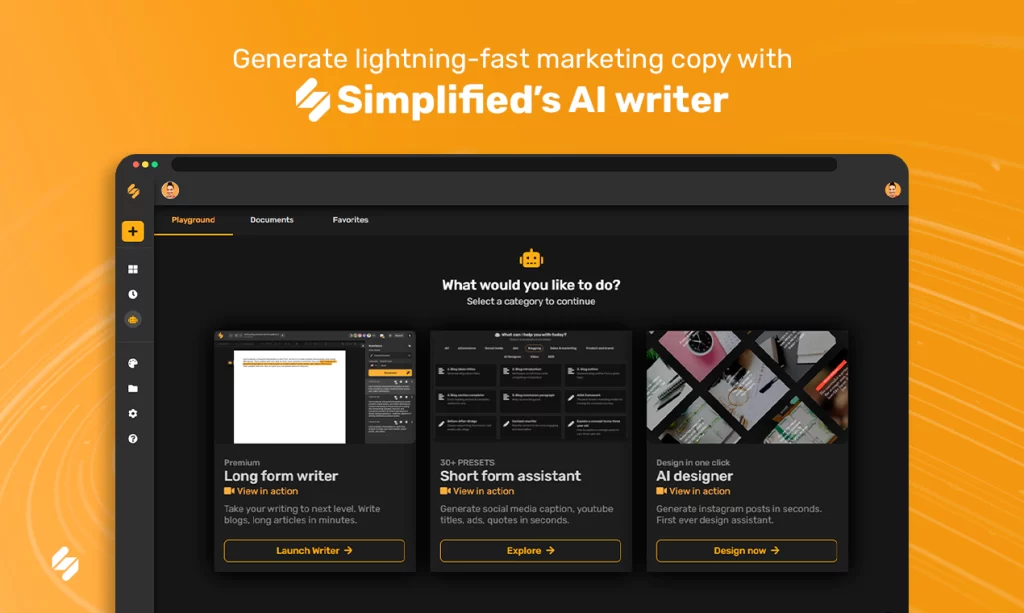
Wordplay.ai: This is another alternative that specializes in creating long-form content for businesses. Its focus on high-quality long-form content often has an impressive impact on search engine rankings, while also helping to build a company’s brand.

Copy.ai: This one works differently than other chatbot platforms because it focuses largely on copywriting assistance rather than content creation. While this may not be an all-in-one solution for every business need, it does provide an efficient way to write copy without having to dedicate hours to the task.
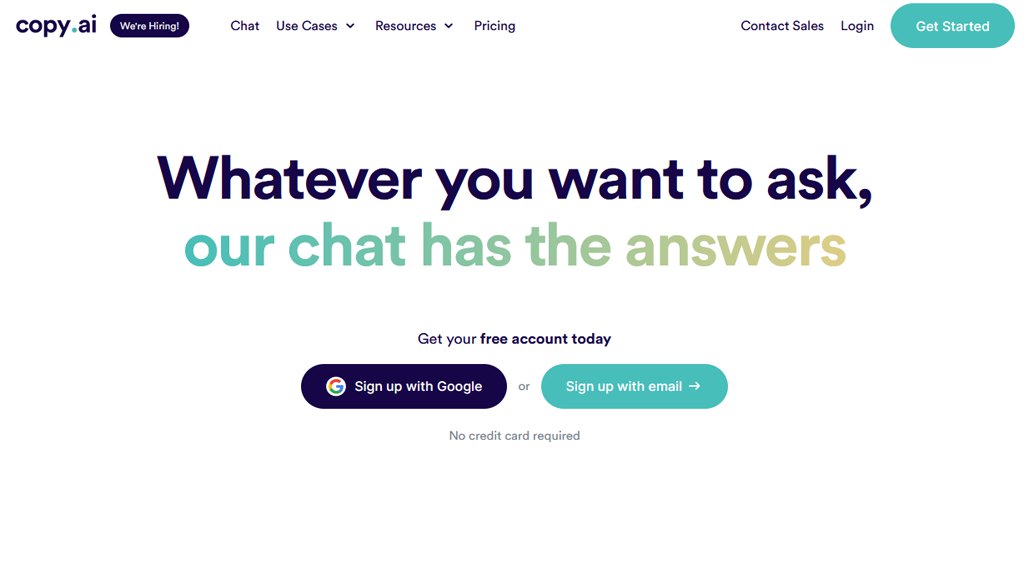
However, when considering these alternatives, it is important to note that each platform provides distinct, unique features that match different types of businesses. It is important for businesses to consider the specific services they need and create a list of their requirements before choosing an AI chatbot platform.
Some businesses may feel overwhelmed or frustrated with the amount of choices available when looking for AI chatbot platforms as there are many new competitors entering the market yearly. Nonetheless, with proper research and consideration of individual needs any business can find a service tailored specifically for them.
The selection process of choosing which AI chatbot platform to integrate into your business can feel like grocery shopping; you have an idea of what you want but are bombarded with a plethora of similar products making your decision more complicated.
Regardless, as AI technology continues to improve innovation within society’s communication processes will undoubtedly continue shifting towards these tools. When considering the available options businesses have within the AI chatbot platform market, and what we know about current AI technology trends, the choices will continue to grow.
AI Chatbots for Customer Service
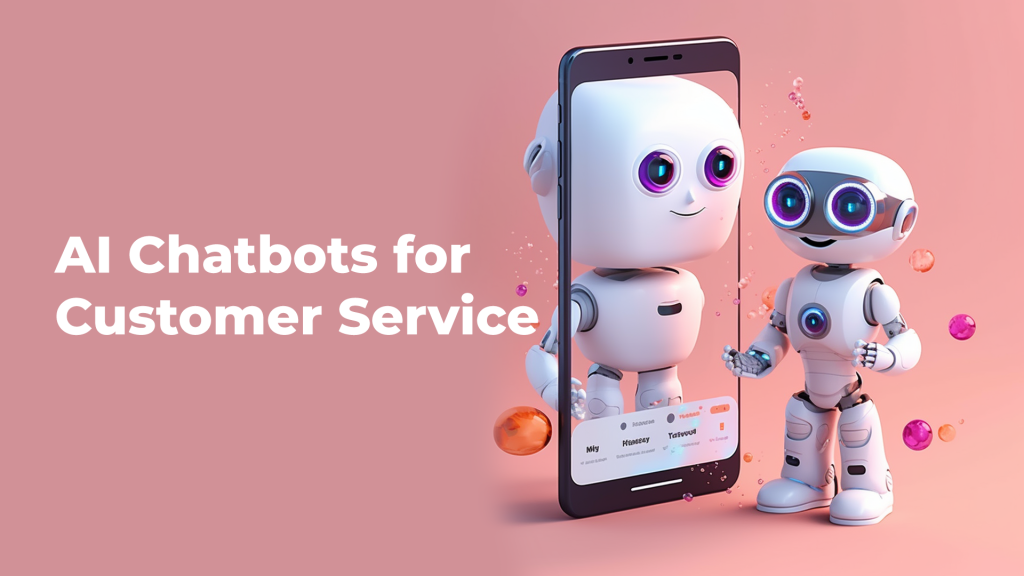
AI chatbots have become an increasingly popular tool for businesses seeking to enhance customer service. By responding instantly to customer inquiries, reducing waiting times, and providing fast and effective resolutions, AI chatbots help businesses provide a faster and more efficient customer service experience.
For example, imagine a customer contacts a business after hours with a question about their product or service. With traditional customer support systems, the customer must wait until the next day to receive an answer. However, with the assistance of an AI chatbot, customers can receive instant responses and solutions regardless of the time of day.
Additionally, studies have shown that implementing AI chatbots for customer service has resulted in increased customer satisfaction rates. According to a survey conducted by Spiceworks, 76% of contact centers utilize chatbots for customer support and operations.
However, some people argue that AI chatbots lack the ability to provide personalized customer interaction and are seen as cold and robotic. While this may have been true in the past, modern AI technology has advanced far beyond these limitations. The implementation of natural language processing (NLP) capabilities has allowed AI chatbots to understand nuanced questions and respond in a conversational tone, effectively creating meaningful interactions with customers.
With the proven benefits of AI chatbots for customer service, it’s no surprise that many businesses are incorporating them into their daily operations. Another area where AI chatbots can prove beneficial is content creation.
AI Chatbots for Content Creation
AI-powered writing tools like On-Page.ai can be used for various copywriting tasks such as creating ad copies, email newsletters, or social media posts. These automated writing tools allow businesses to create high-quality content quickly and efficiently while adhering to SEO principles.
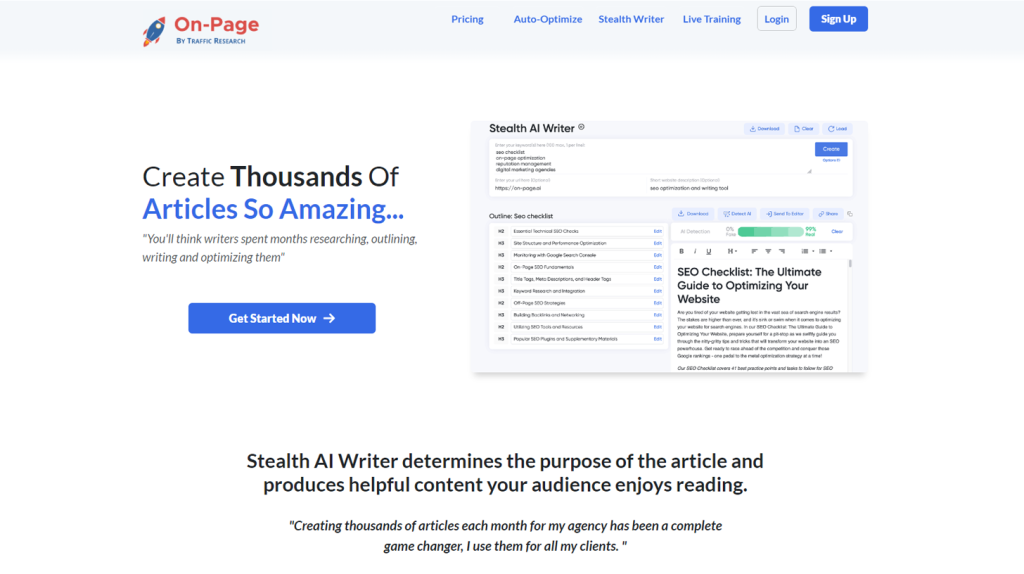
It’s like hiring an expert copywriter who understands the nuances of SEO and search engine algorithms – but without the high cost. AI writing assistants write in a conversational tone, allowing businesses to establish a more authentic brand voice that resonates with their target audience.
Not only can this save time and money, but it can also be a major advantage over competitors who may not be utilizing these technologies for content creation. For example, WriteSonic is an AI-powered writing tool that has been trained on top-performing SEO content and sales copy. By using WriteSonic, businesses have seen an increase in website traffic and customer engagement.
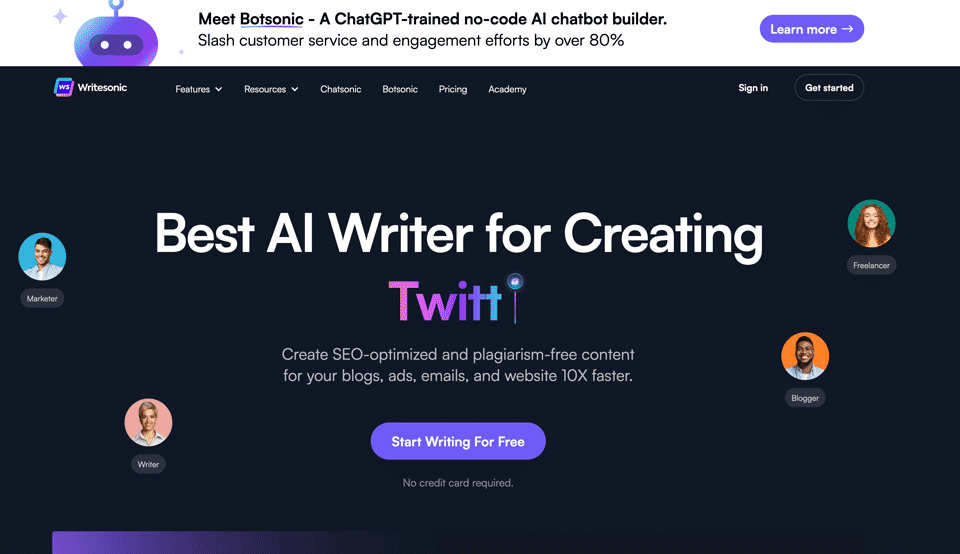
In addition, On-Page.ai offers a Stealth Writer tool that uses artificial intelligence to author entire articles within minutes. This tool generates high-quality, unique content that ranks well on Google. The Stealth Writer uses your keyword to generate helpful and informative articles in a matter of minutes.
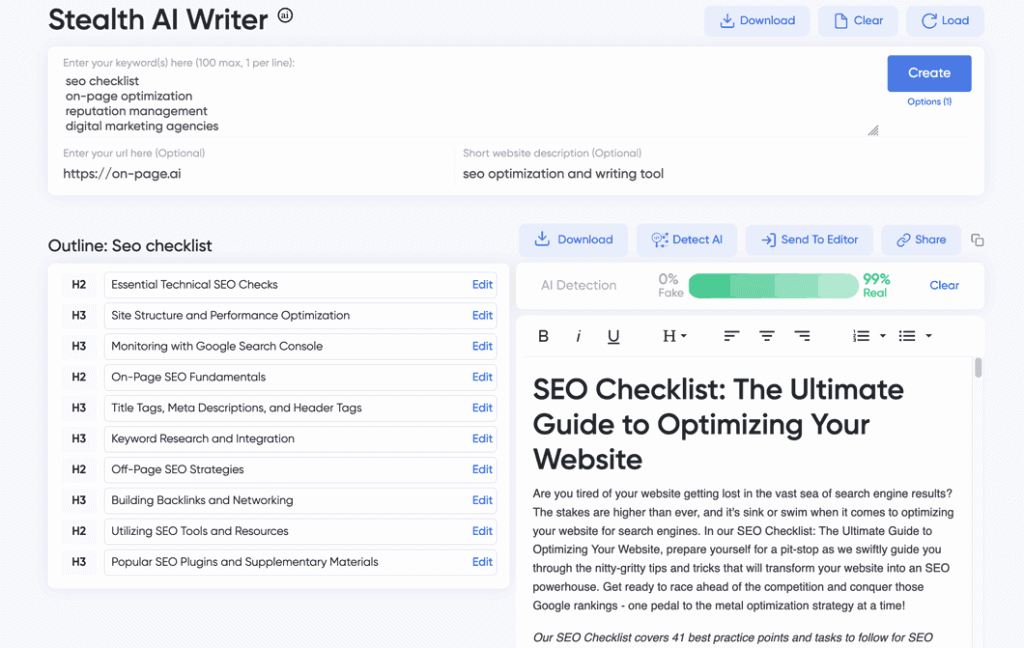
However, some people argue that automated writing tools lack creativity and originality, resulting in generic, cookie-cutter content. While it’s true that the quality of writing generated by automated tools is highly dependent on its training data, modern AI writing assistants are becoming more intelligent with each passing day.
AI Chatbots for Task Automation
AI chatbots are widely used by businesses to automate various tasks, ranging from customer service to internal processes. These chatbots can operate 24/7, and they don’t require breaks or vacations, making them incredibly cost-effective for businesses. When it comes to task automation, AI chatbots can handle repetitive tasks, such as answering common questions, routing inquiries to the proper department or team member, and gathering customer data for future marketing efforts.
One practical example of how AI chatbots can improve productivity is in the HR department. Instead of manual screening resumes, AI chatbots can be implemented to analyze job descriptions and candidate resumes to identify the best fit based on certain parameters before forwarding them to a hiring manager for final review. This can save HR personnel a significant amount of time while ensuring that qualified candidates do not slip through the cracks.
Similarly, in manufacturing operations, AI chatbots can be used to monitor inventory levels and alert teams when supplies are getting low. This helps ensure that production isn’t slowed down due to stock shortages or other issues.
Apart from purely operational tasks, some businesses have also started using AI chatbots in sales processes. For example, sales representatives are often required to follow up with leads who have recently shown interest but aren’t quite ready to make a purchase just yet. Instead of scheduling individual calls, emails, or chats with each lead – which could take hours – an AI chatbot can be configured to initiate contact with all leads simultaneously while allowing reps to focus on more qualified prospects.
In essence, automating tasks via an AI chatbot is like having an invisible assistant that never sleeps and is always available whenever you need it.
Of course, there will always be certain tasks that require human intervention or judgment calls from experienced staff members as no machine learning technique is perfect. It’s essential for companies considering task automation through AI chatbots to assess which tasks can be automated without quality impairment.
AI chatbots come in handy, especially for businesses that deal with a high volume of transactions that can take up a lot of time and resources if done manually. An AI chatbot is capable of taking care of mundane and repetitive tasks such as data collection, lead routing, inventory management, and more. Implementing an AI chatbot will give businesses the freedom to have their employees focus on creativity, innovation, customer relationship management (CRM), and other high-value work.
Factors to Consider When Choosing an AI Chatbot
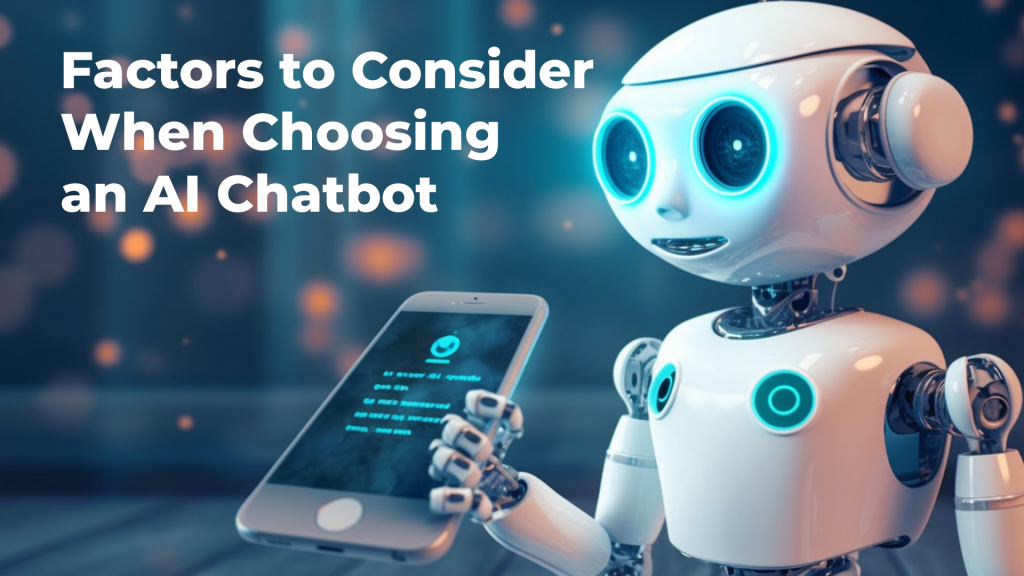
While there are many AI chatbots available in the market nowadays, choosing the right one for your business can be a daunting task. It’s easy to make a mistake when evaluating before making a decision.
One important factor to consider when choosing an AI chatbot is its cost. Some may argue that the most expensive options must be the best ones; however, sometimes it’s not always a true reflection of value. It’s essential to ensure that you get the best return on investment (ROI) from your AI chatbot by choosing one that is tailored specifically for your business needs while also being cost-effective.
Another factor to take into consideration is the bot’s ability to integrate with other platforms or software applications used within your company. It should seamlessly fit into your preexisting systems and serve as helpful assistance rather than causing disruption through information silos.
When selecting an AI chatbot solution, one must also consider the capabilities of the machine learning engine powering it. The algorithm uses natural language processing techniques both for text input understanding and generation, depending on what you need from it. More advanced models analyze data from disparate sources like web pages or social media posts to understand terms aligned with consumer behavior trends accurately.
One great example of effective chatbot integration comes from the banking industry. Banks have recently begun using chatbots to improve customer service by allowing each customer to converse with them in real time and answer any query they have. The bots can be programmed to assist customers in a wide range of tasks, including opening accounts, making transfers, and locating ATMs. These chatbots must integrate seamlessly with the bank’s core infrastructure, which is critical for security reasons.
Finally, businesses should evaluate the level of customization available within the AI chatbot they’re considering. Some businesses may prefer solutions that are more customizable so that they can craft unique experiences for their audiences. Others may be happy with a bot that has predefined templates for specific industries or use cases.
Successful Implementation of AI Chatbots in Business
Implementing AI chatbots in business can be a game-changer for companies that are looking to streamline their customer service, content creation, and task automation processes. However, successful implementation requires careful planning, strong leadership, and a focus on the user experience.

First and foremost, it’s important to identify specific use cases for AI chatbots in your business. For example, if you’re implementing chatbots for customer service, consider which types of inquiries or issues can be easily handled through automation versus which require human intervention. By setting clear goals and establishing metrics for success, you can ensure that your chatbot strategy aligns with overall business objectives.
In addition to identifying specific use cases, it’s important to prioritize user experience when implementing AI chatbots. This means designing conversational flows that are intuitive and natural for users to interact with. If the chatbot is difficult to use or doesn’t provide meaningful value to users, adoption rates will suffer. Therefore, investing in user testing and iterating on design based on feedback is critical to the success of your chatbot strategy.
Some businesses may also worry about the potential for negative impacts on employee morale due to perceived job loss as a result of implementing automation. However, by clearly communicating the benefits of AI chatbots (such as freeing up employee time for higher-value tasks), providing training and upskilling opportunities for employees whose roles may be impacted, and demonstrating a commitment to the ethical use of automation technology, businesses can mitigate concerns around morale.
Implementing AI chatbots can also be thought of as planting a seed – it requires patience and ongoing care to yield a bountiful harvest. Frequent monitoring and adjusting of conversational flows based on user feedback is essential not only for ensuring optimal user experience but also for allowing the bot to improve over time through machine learning.
Finally, it’s important to regularly evaluate the success of your chatbot strategy against established metrics and adjust course as needed. This could mean refining conversational flows, adding new features or expanding the use cases for your chatbots, or even pivoting away from chatbots altogether if they are not delivering the intended benefits.
Overall, the successful implementation of AI chatbots in business requires careful planning, a focus on user experience, and ongoing attention to performance metrics. For businesses looking to leverage automation technology to streamline their operations and improve customer experiences, On-Page.ai’s AI-powered writing assistant can help with content creation needs while its On-Page Tool helps optimize existing content for better SEO ranking. Its Stealth AI Writer tool also helps users create optimized content quickly and efficiently.
With a commitment to the ethical use of automation technology and user-centered design principles, On-Page.ai is an excellent choice for businesses looking to implement AI chatbots successfully.
Answers to Frequently Asked Questions with Detailed Explanations
Are there any chatbot alternatives that are specifically designed for e-commerce businesses?
Absolutely! As e-commerce grows at an unprecedented rate, more and more businesses are turning to chatbots to provide personalized customer service. There are several AI chatbot platforms that specialize in providing solutions for e-commerce businesses by integrating with popular e-commerce platforms like Shopify, Magento, WooCommerce, and others.
One such platform is Tars. According to Tars, its e-commerce clients have seen an increase in lead form submissions and a 50% increase in conversion rates. Another example is Acobot, which has been shown to increase conversion rates on e-commerce sites.

In addition to these specialized platforms, many of the top AI chatbot providers like Intercom and Zendesk also offer features tailored specifically for e-commerce businesses, such as integration with popular shopping cart platforms and support for processing payments within the chatbot interface.
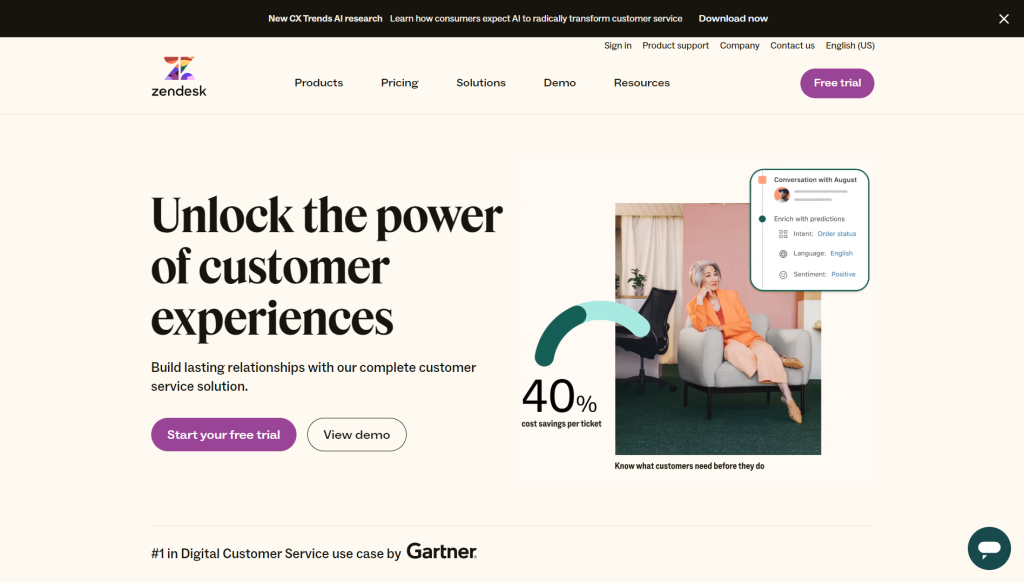
According to a report by ResearchAndMarkets.com, the global e-commerce chatbot market is expected to grow at a compound annual growth rate of over 30% from 2022-2027. It’s clear that there is no shortage of options for e-commerce businesses looking for AI chatbot solutions.
Are there any free options for AI chatbots like Jenni.ai?
Yes, there are free options for AI chatbots that businesses can use as an alternative to Jenni.ai. While some platforms charge monthly subscriptions or transaction fees, others offer fully functional chatbots at no cost.
One of the most popular free options is Dialogflow, which is owned by Google. According to a report from Gartner, Dialogflow has the highest user satisfaction rating among all conversational AI platforms and offers robust natural language processing capabilities. Another free option is IBM Watson Assistant, which boasts advanced machine learning algorithms and integrates with various messaging platforms such as Facebook Messenger and Slack.
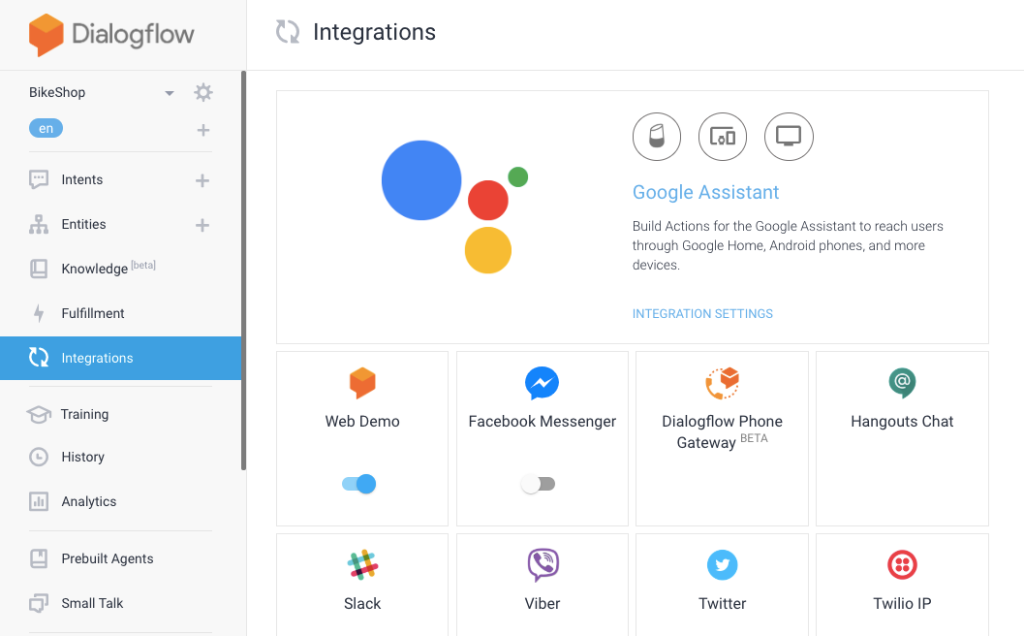
It’s important to note that while these platforms are free to use, there may be limitations or additional costs for certain features or advanced customization. Additionally, businesses must also consider the time investment required to set up and train their chatbot on these platforms.
In conclusion, while Jenni.ai is a popular paid option for AI chatbots, businesses have a range of free alternatives to choose from based on their needs and budget.
Which alternative chatbots offer the best customer support experience?
When it comes to customer support, chatbots are becoming a must-have technology for businesses. They offer a cost-effective and efficient way to engage with customers, improve response times and streamline workflows. While Jenni.ai has been a popular choice for many businesses, there are other great alternatives out there that offer exceptional customer support experience.
One such alternative is Tars. Tars is an AI chatbot platform that helps businesses create conversational landing pages to drive conversions by engaging with visitors in real time. Tars boasts a 90% resolution rate within the first interaction, meaning that most users’ questions or concerns are addressed and resolved immediately.
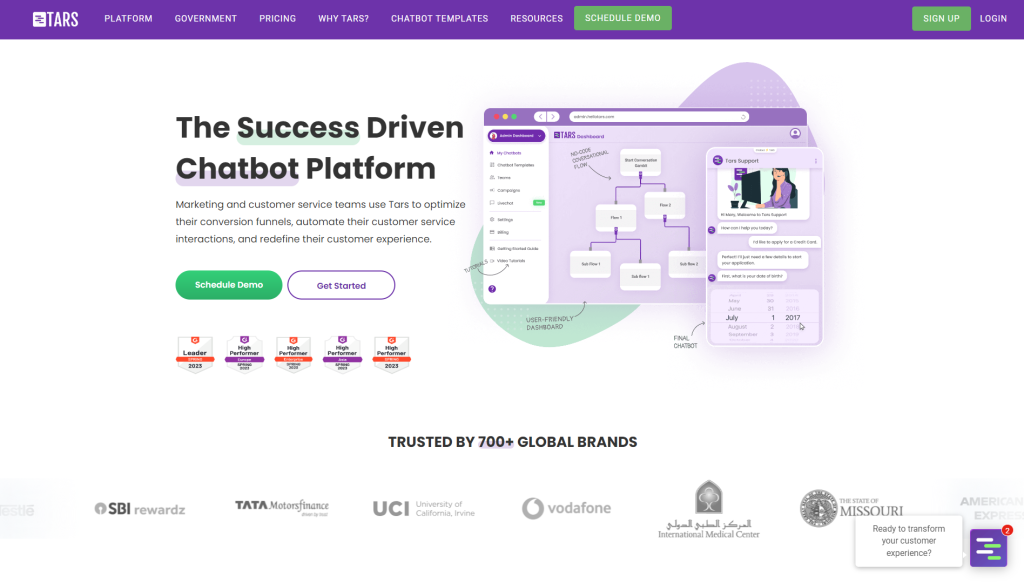
Another great option worth considering is Landbot.io. This chatbot platform features some of the most visually appealing and intuitive designs in the market today. Leveraging its drag-and-drop interface, businesses can create highly personalized conversational experiences without needing any coding skills. In fact, Landbot.io provides customer support through its own chatbot, which means they’re serious about delivering high-quality service standards.
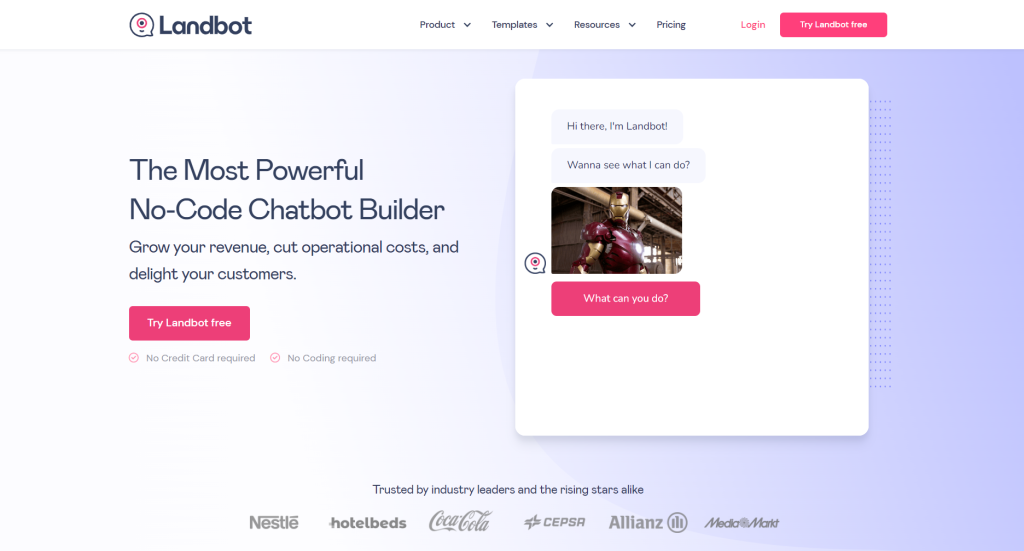
Finally, we have Intercom – another top alternative for those looking for an exceptional customer support experience. Intercom offers an intelligent chat platform, composed of an entire suite of messaging solutions designed to help sales teams close deals faster and deliver superior support services to their customers. The company offers a robust set of automation features, and integration with numerous third-party tools and platforms to help make their user experience as seamless as possible.
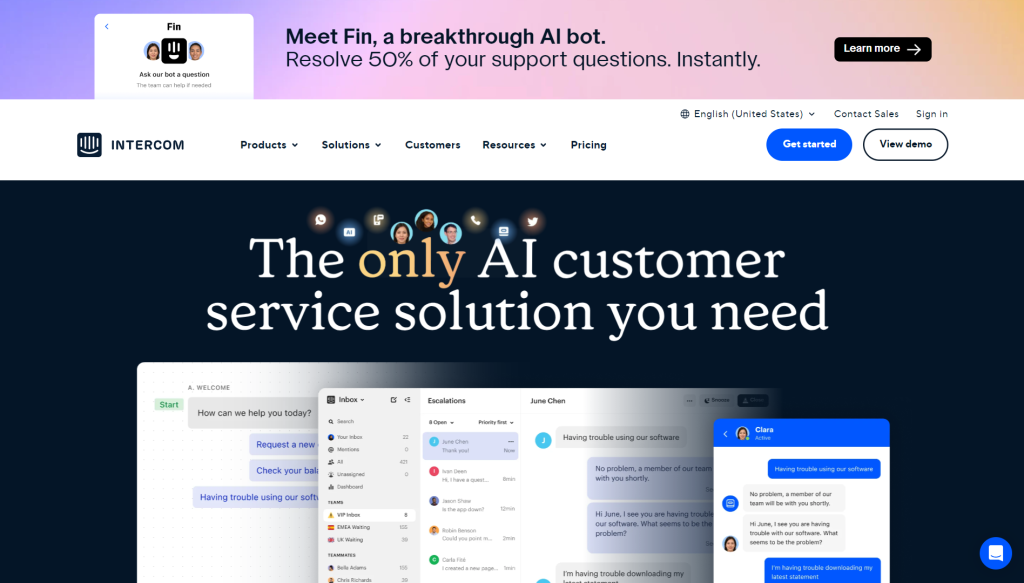
While Jenni.ai remains one of the best AI chatbot platforms out there, these other alternatives are just as capable of providing an excellent customer experience while also offering unique features that may fit your specific business needs better.
What are the pros and cons of using Jenni.ai compared to its alternatives?
Jenni.ai is undoubtedly one of the most popular AI chatbot platforms in the market, but it’s not the only one. As a business owner, it’s essential to assess the pros and cons of using Jenni.ai compared to its alternatives.
Pros of using Jenni.ai:
1. User-friendly interface: Jenni.ai has an intuitive interface that allows even non-technical users to create chatbots easily.
2. Advanced AI algorithms: The platform uses advanced AI algorithms that enable chatbots to understand natural language and respond accordingly.
3. Robust integration capabilities: Jenni.ai can be integrated with various platforms, including messaging apps, social media platforms, and e-commerce tools.
Cons of using Jenni.ai:
1. Limited customization options: Some users have reported that Jenni.ai’s chatbots lack flexibility when it comes to design and customization.
2. Expensive pricing plans: Jenni.ai’s pricing plans may not be suitable for small businesses.
Alternatives to Jenni.ai:
1. Dialogflow: Google-owned Dialogflow offers excellent NLP features that allow chatbots to understand user intent better.
2. Tars: Tars offers a drag-and-drop chatbot builder that provides more customization options than Jenni.ai.
3. Botpress: Botpress offers an open-source framework that allows users to build customized chatbots without any vendor lock-in.
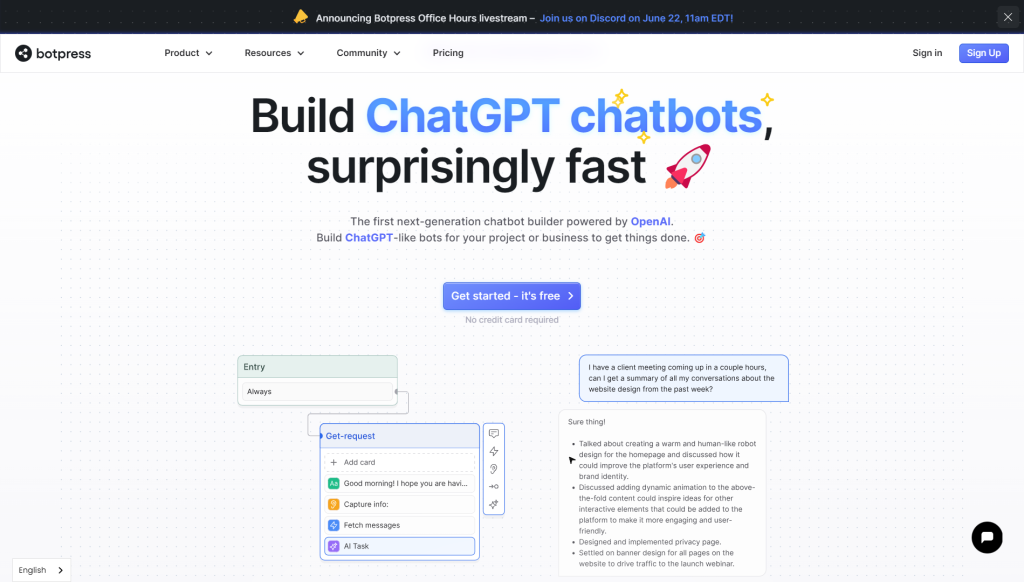
Overall, while Jenni.ai is undoubtedly a robust platform for building AI chatbots, there are viable alternatives available in the market offering similar or better features at reasonable prices. When deciding which platform works best for your business, make sure you consider multiple factors like cost, flexibility, customizability, NLP features, and more before making a final decision.
What features do the top Jenni.ai alternatives offer that make them stand out?
In the ever-evolving world of AI chatbots, it can be difficult to determine which platforms offer the best features for your business needs. However, some of the top contenders as alternatives to Jenni.ai stand out due to their unique and exceptional offerings.
One such platform is Microsoft Azure Bot Service, which boasts a rich toolset that enables developers to craft customizable and diverse bots using languages such as C# and Node.js. This platform also offers a wide range of pre-built templates to get started quickly, as well as natural language processing capabilities that allow for effective communication with users.
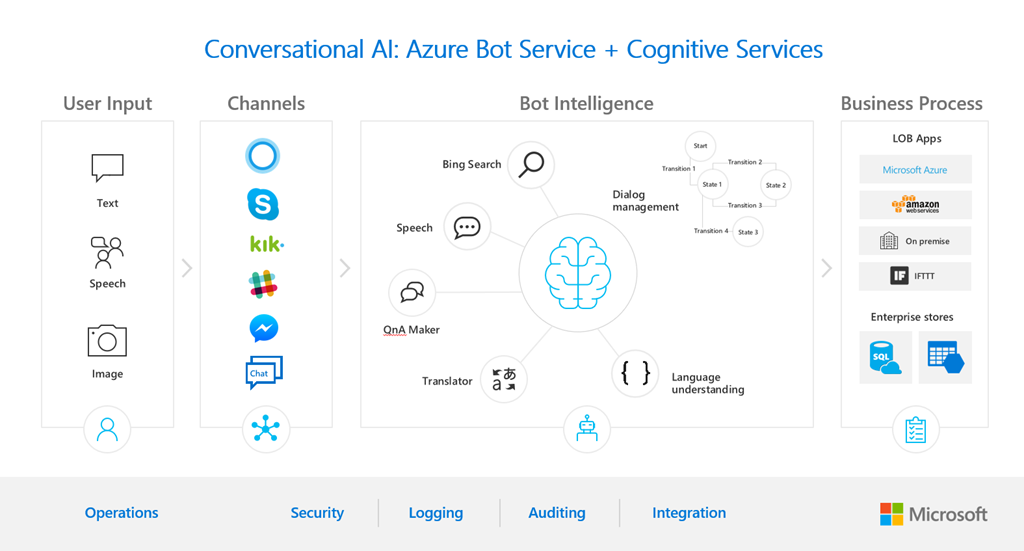
Another notable alternative is Google’s Dialogflow, which touts advanced machine learning technology that has been shown to outperform other popular chatbot frameworks in accuracy. Furthermore, Dialogflow affords developers access to a vast knowledge base and offers real-time analysis of user sentiment through sentiment analysis tools.
Finally, we must consider IBM Watson Assistant, which utilizes AI-powered natural language processing combined with human assistance to create highly personalized experiences for users. With its ability to integrate with multiple channels including Facebook Messenger and Slack, Watson Assistant sets itself apart by providing comprehensive customer service solutions across various digital touchpoints.
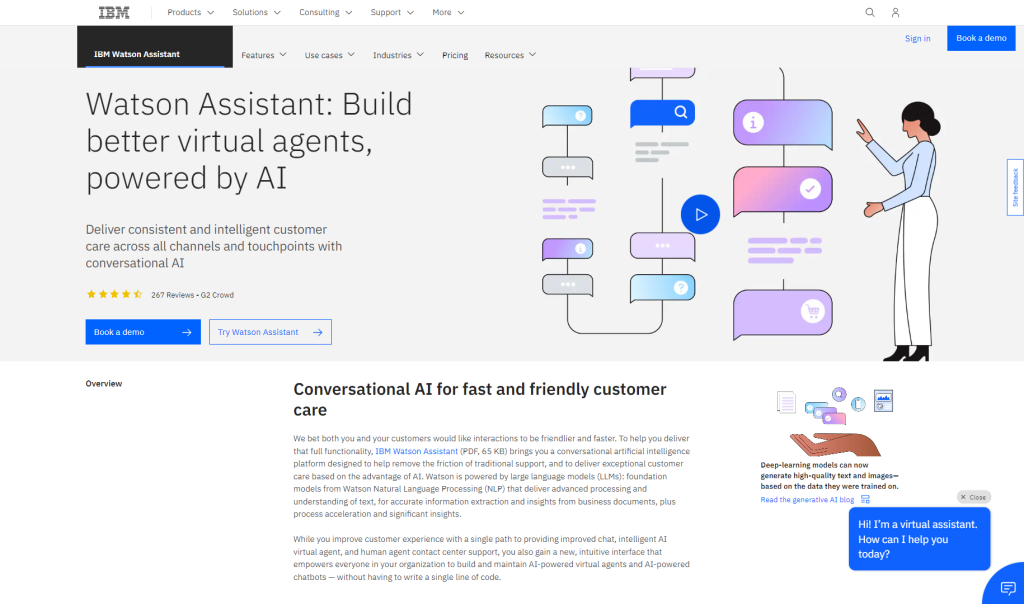
It is clear that these alternatives to Jenni.ai offer diverse functionalities that can meet varying business needs. As such, it is crucial for businesses to evaluate their specific requirements before choosing a suitable platform.
For smarter AI-powered content generation, review On-Page.ai and its host of optimization tools for your business.


